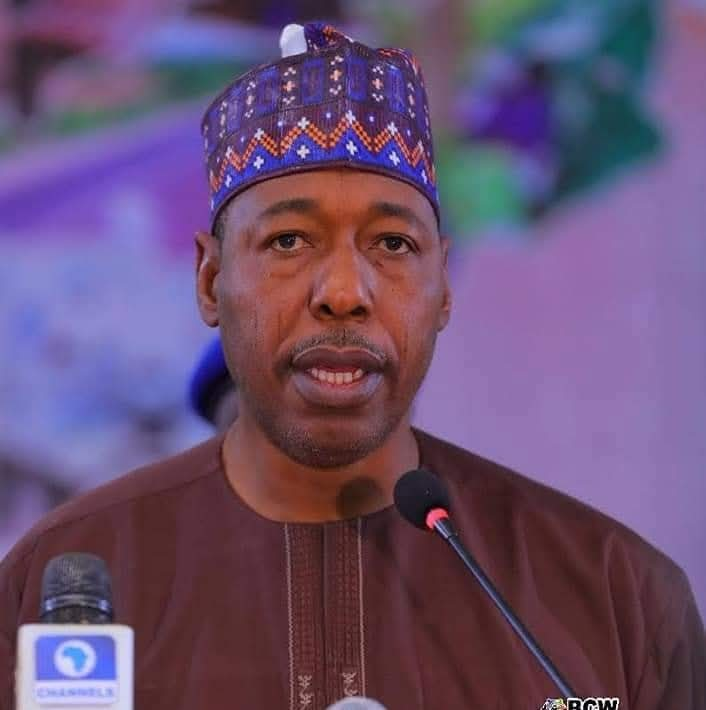Nigeria shifts to natural gas as transport prices surge following petrol subsidy removal
Following Nigeria’s President Bola Ahmed Tinubu’s termination of the costly subsidies that made petrol affordable for many in Africa’s most populous country, Ahmed Halilu knew his e-hailing cab business in the capital City of Nigeria, Abuja, was about to suffer huge losses.
Transportation costs experienced a significant surge as petrol prices more than tripled in the months following last year’s decision, culminating in the nation’s most severe cost-of-living crisis in a generation. Consequently, this resulted in a substantial decline in the number of Halilu’s passengers, ultimately impacting his earnings.
In an effort to reduce transportation costs by nearly 50% in the long run, Nigerian authorities launched a Compressed Natural Gas (CNG) initiative in August, leveraging the country’s vast gas reserves — the largest in Africa — to introduce CNG buses and transition petrol-powered vehicles to CNG.
Over 100,000 vehicles have been adapted to run on CNG or with the hybrid option of CNG and petrol, with a minimum of $200 million invested by the government under the initiative, as revealed by its director, Michael Oluwagbemi.










